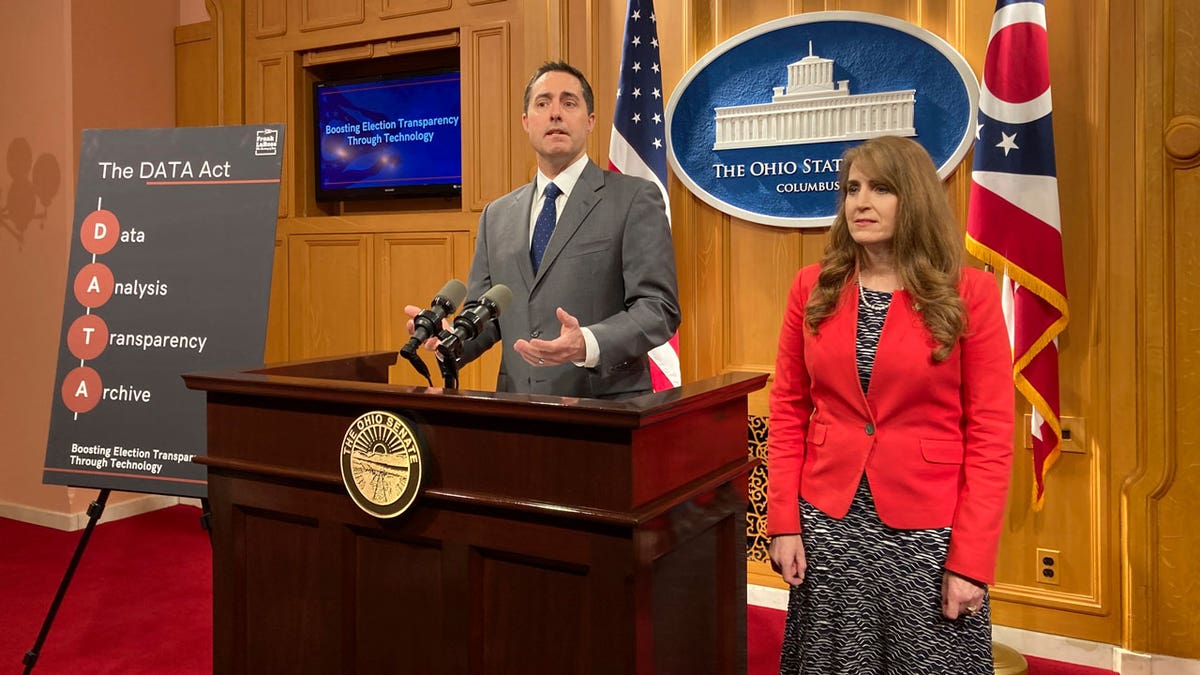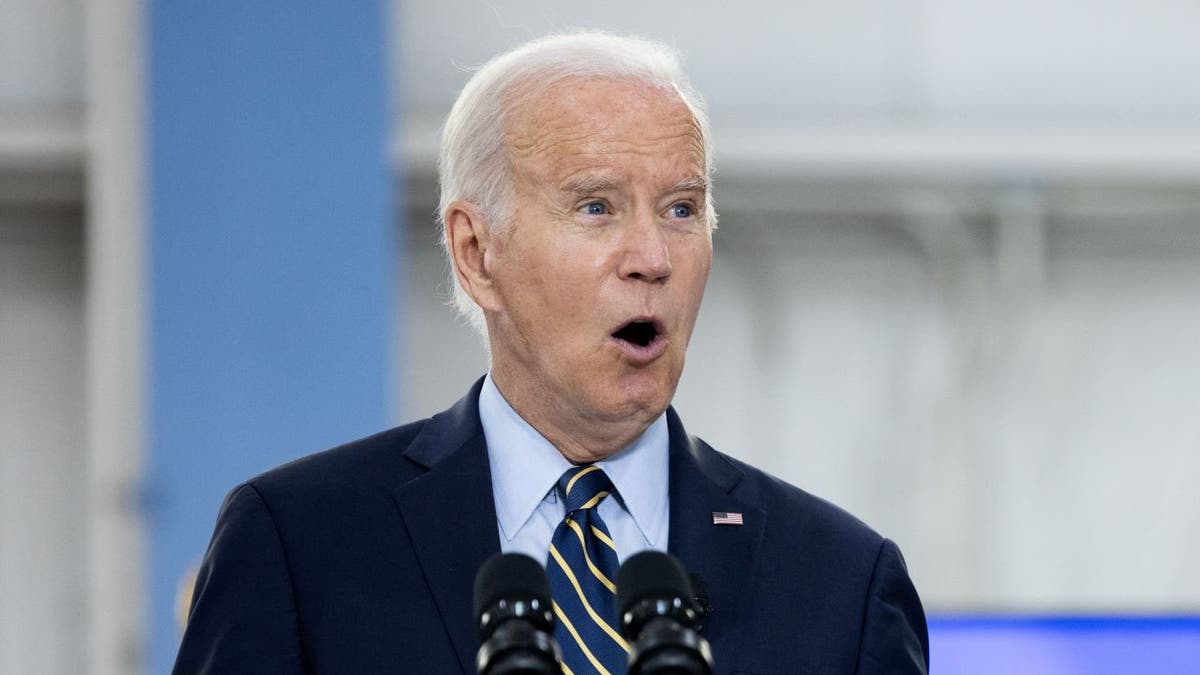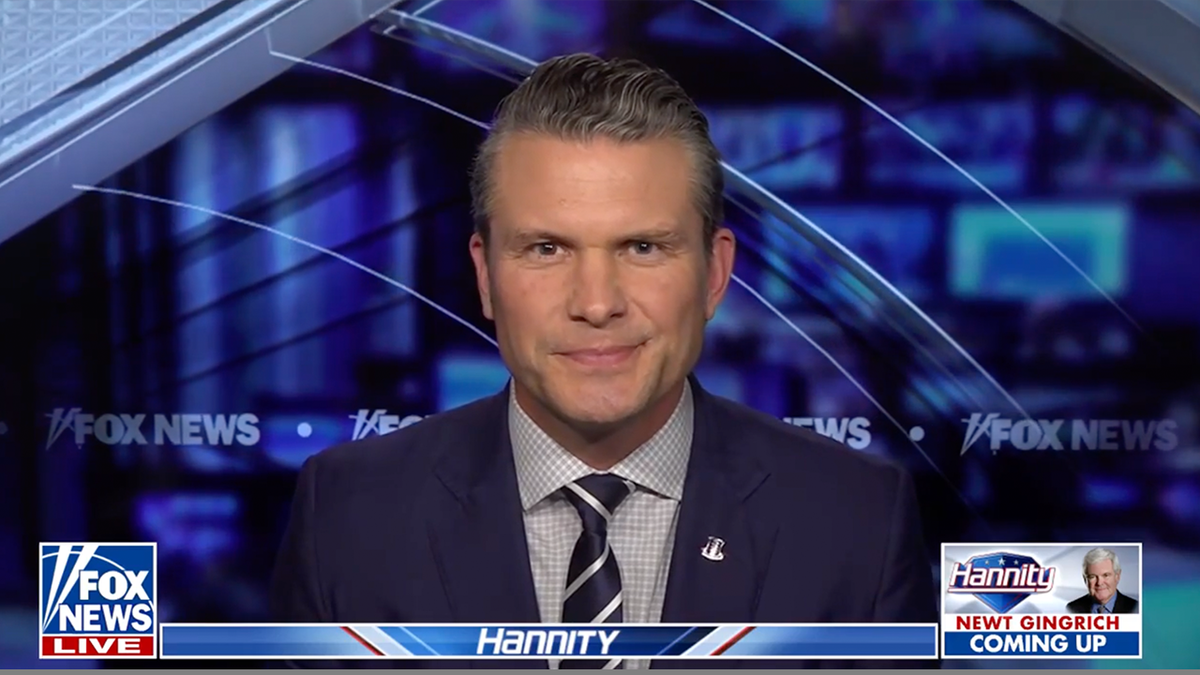The Ohio Supreme Court has directed the state's Ballot Board to revise the wording of an August ballot proposal focused on amending the state constitution. The court found certain aspects of the current language potentially misleading for voters. This decision follows a challenge by the One Person One Vote campaign, which opposes Issue 1. Issue 1 proposes increasing the threshold for passing future constitutional amendments from a simple majority to 60%.
This move by the Republican-led Statehouse is seen as a countermeasure against a potential abortion rights amendment expected this fall. Ironically, this comes after recent legislation largely eliminated August elections. The court unanimously agreed that the board's description of the measure as impacting "any" constitutional amendment was inaccurate, as it applies only to citizen-initiated amendments, not those from the legislature. Furthermore, the language misstated the required percentage of electors' signatures needed in each county for citizen-led amendments. It should be 5% of those who voted in the last gubernatorial election, not 5% of all registered voters.

While Secretary of State Frank LaRose, who chairs the Ballot Board, initially did not correct the language, Attorney General Dave Yost acknowledged the error in court documents. Despite this, he downplayed it as a technicality. The justices disagreed, mandating the board to rectify the issue. However, the court was divided on whether the term "elevating"—used to describe the change in amendment standards—was appropriate. Opponents argued for more neutral terms like "raising" or "heightening." The Republican majority on the court ruled that "elevating" was acceptable, stating that word choice was the purview of the Secretary of State, not the court.
Dissenting justices argued that "elevating" carried a positive connotation, potentially swaying voters. They suggested alternative terms that better reflect the restrictions imposed on citizen-led initiatives. Justice Michael P. Donnelly, joined by Justices Jennifer Brunner and Melody Stewart, argued that words like "restricting" or "limiting" would offer a more impartial representation. Justice Brunner further emphasized in a separate opinion that the new requirements for citizen-led initiatives are burdensome and warrant clearer explanation.








